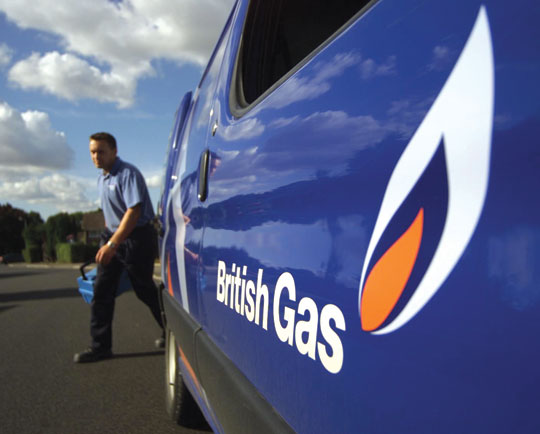Household Bills
British Gas customers face 12.5% electricity price hike

British Gas has made the “very difficult decision” to hike electricity prices, affecting more than three million customers on standard tariffs. But you can save £300 by switching.
The energy giant has announced from Friday 15 September, electricity bills will go up by 12.5% following a steady rise in costs for the supplier. For a typical household on dual fuel, the average annual bill will rise 7.3% or £76.
This will take the annual default tariff from £1,044 a year to £1,120, though the supplier said its standard variable tariff will cost customers less than it did back in November 2013.
British Gas said of its 8.4 million customer base, 5.3 million won’t be affected by the changes. This includes those on fixed energy deals, gas-only customers and those on prepayment meters. But if you’re a Sainsbury’s Energy customer (British Gas’ white label), you will also be impacted by the electricity price hike.
It added that for the most vulnerable 200,000 standard tariff users who automatically receive the Warm Home Discount, they will be credited with £76 over the winter months.
Its owner, Centrica, said it’s been a “very difficult decision to make” but rising costs, including government policies to subsidise renewable energy, social levies, delivery to customers’ homes, and the nationwide smart metering programme mean it’s faced a 16% increase in electricity costs.
Mark Hodges, CEO of Centrica Consumer, said: “The planned electricity price rise we’ve announced today is the first increase we’ve made in almost four years. It’s a step we have taken reluctantly, and many months after most of our competitors. I want to assure all our customers that we will work hard to be as efficient as possible, deliver great service, and help them keep their bills down.”
Save £300 by switching energy
Peter Earl, head of energy at comparethemarket.com, said: “As the final member of the Big Six completes the ‘full house’ of price rises, the big loser is, once again, the hard-pressed British consumer. This will be a big disappointment to British Gas customers who would have been relieved to be with the only Big Six provider not to hike prices this year. Loyalty in the energy market does not pay. It is an indication of a dysfunctional market that savvy customers willing to take action can save over £290 simply by switching provider.”
See YourMoney.com’s A guide to switching energy provider for more information on the process.
Energy comparison site uSwitch said the move follows an extended price freeze promise by British Gas which will add a total of £235.6m to its customers’ energy bills.
Claire Osborne, energy expert at uSwitch.com, said: “With these hikes set to kick in just before the winter, this is a body blow for consumers. At a time when living costs are rising faster than wages, this hike could push many families into the red. Customers should not be lulled into a false sense of security. The British Gas standard tariff remains the cheapest among the big six but it is still £286 more expensive than the cheapest deal on the market today.
“It’s time to switch supplier and send a message that price rises like these just aren’t acceptable. Seven in ten households are overpaying for their energy on expensive standard tariffs, yet within ten minutes they could switch and save hundreds of pounds – as well as protect themselves against further hikes by fixing their tariff.”
Major energy suppliers’ price rises in 2017 (‘Big Six’)
| Supplier | Previous SVT price | New SVT price | Difference | Came/comes into effect from | |
| British Gas | £1,044 | £1,120 | £76 | 7.3% | 15 September |
| EDF Energy | £1,069 | £1,160 | £91 | 8.5% | 11 February and 21 June |
| npower | £1,077 | £1,187 | £109 | 9.8% | 16 March |
| ScottishPower | £1,081 | £1,167 | £86 | 7.8% | 31 March |
| E.ON | £1,057 | £1,144 | £87 | 8.8% | 26 April |
| SSE | £1,056 | £1,129 | £73 | 6.9% | 28 April |